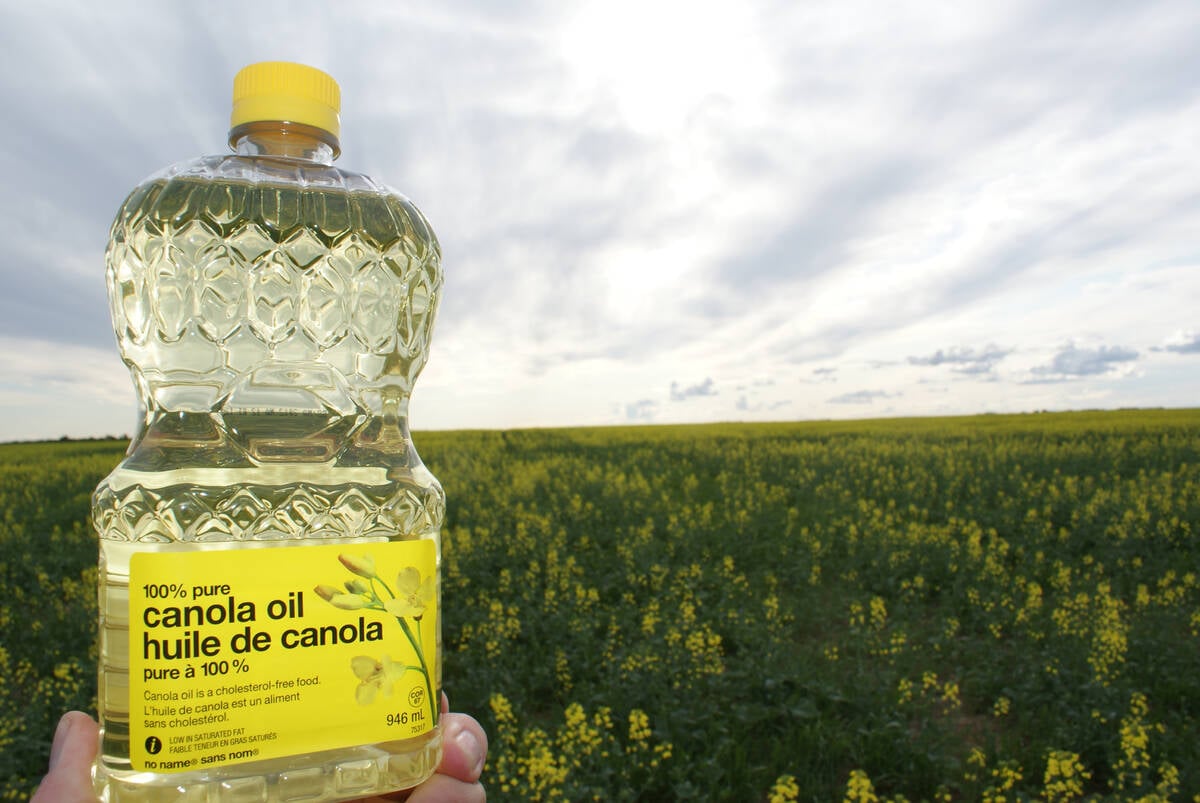With the prospects of an agricultural settlement at World Trade Organization talks having all but vanished for this year, speculation now is turning to the consequences of the stalemate.
For trade liberalization advocates, they aren’t pretty.
William Dymond, senior executive fellow at the Centre for Trade Policy and Law in Ottawa, said the negotiations are in “suspended animation” and likely won’t be revived for at least five years.
“This means the American farm bill will be crafted based on domestic pressures and while I’m not sure we’ll see increased subsidies or trade barriers, clearly the pressure to reduce them is off,” he said.
Read Also

Rising vegetable oil demand may offset bad biofuel news
Global biodiesel/renewable diesel production is expected to decline for the first time in a decade. Bad timing for a canola industry looking for new markets.
Other countries will also craft agricultural support and protection policies based on domestic pressures.
“All politics is local.”
In Winnipeg, Agricore United director of government relations and policy development Cam Dahl took a more dire view.
“There is no question that the talks will go into the deep freeze for several years and I’m concerned that as a result we’ll see an increase in the use of subsidies by those who can,” he said. “I also expect to see more trade conflict between the United States and Brazil on issues like ethanol. I just think this is all very worrisome.”
WTO director general Pascal Lamy was not much more optimistic when he travelled earlier this month to St. Petersburg, Russia, to meet with world leaders at a summit of more than a dozen country leaders led by the Group of Eight industrialized nations including Canada.
He conceded that his assignment to try to find agreement among key players by mid-July had failed.
Lamy called on the leaders at the summit to order their negotiators to be more flexible.
“At this stage, the deadlock in which we are caught will lead us to failure very soon if you do not give your ministers further room for negotiations,” he told European, Asian, African, North American and South American leaders. “Deadlines are only useful on that condition. I am aware of your domestic political problems (but) I ask you to ponder the risk of failure, which is considerable and indeed every bit as political.”
He said failure would mean “scrapping the results that we have accumulated at the negotiating table over the past five years, results that would make this round the most ambitious of all the rounds concluded over the past 50 years.”
These include a promise to end export subsidies by 2013, an offer from the European Union to reduce average agriculture tariffs by 38 percent and an American offer to cut allowable agricultural spending (but not actual U.S. spending) by more than 50 percent.
Failure would mean lost economic opportunity for developing countries.
“Finally, a failure would send out a strong negative signal for the future of the world economy and the danger of the resurgence of protectionism,” Lamy said.
For his efforts, the WTO director general received from the G8 summit words of encouragement but no specific commitments. Leaders said he should try to broker a deal by the middle of August.
“We urge all parties to work with utmost urgency for the conclusion of the round by the end of 2006,” said the summit trade communiqué.
Canadian prime minister Stephen Harper said it was a strong statement.
“On trade, G8 leaders engaged vigorously, with Canada pressing hard for an ambitious outcome of the Doha Development Round,” he said in a report on the meeting.
But G8 leaders have said much the same thing since 2002, shortly after the talks started.
Promoters of a WTO deal have worried that under existing rules, the United States could spend billions of dollars more on agricultural subsidies, including export subsidies.














